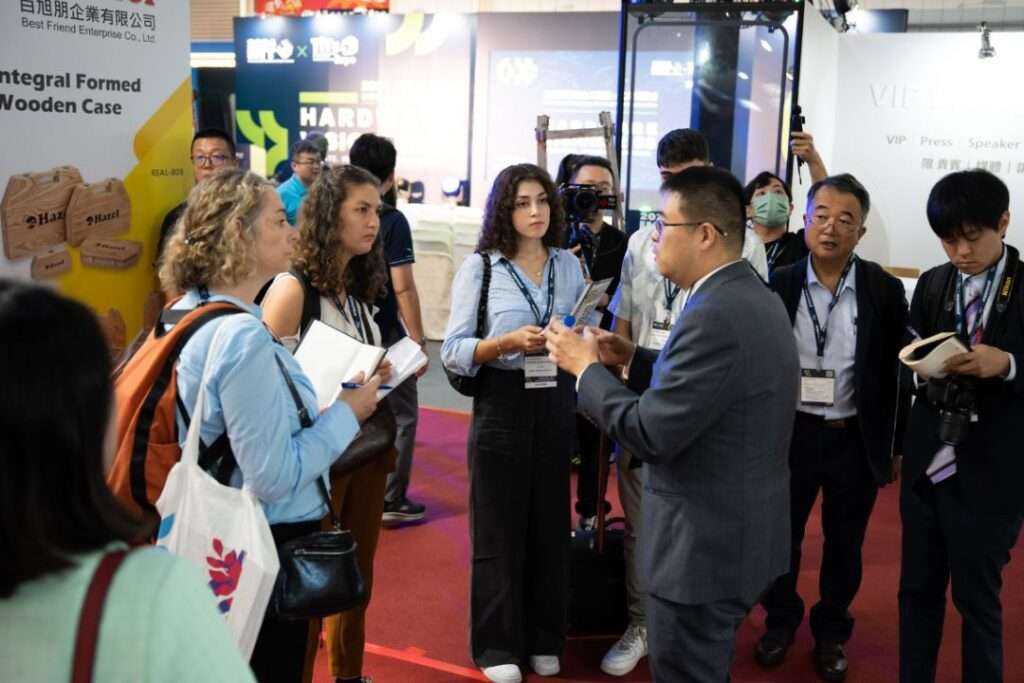Chinese electric vehicle (EV) maker BYD, backed by Warren Buffett, is intensifying its efforts to expand globally, but Japan presents a tough market for the automaker. BYD has launched EV charging stations and rolled out aggressive marketing and customer incentives to increase its presence in Japan, a market where foreign automakers have traditionally struggled.
BYD, now China’s largest EV manufacturer, has grown rapidly in its home market and is making strides internationally, including in Japan, one of the world’s largest automotive markets. However, Japan’s slow demand for EVs and a recent government policy change on subsidies have posed significant challenges. The revised subsidy system has reduced financial support for BYD and some of its competitors, raising concerns about protectionism.
To attract Japanese consumers, BYD has offered discounts on its latest model and launched TV commercials featuring popular Japanese actress Masami Nagasawa. These efforts, however, have led to higher-than-anticipated marketing costs.
Despite BYD’s global success, selling cars in Japan remains a tough task. Some Japanese consumers, like 58-year-old Yukihiro Obata, express skepticism about the quality of Chinese products. “The cars are great, but I don’t think they’ll sell in Japan,” he said while visiting a BYD showroom in Yokohama. Obata is open to buying foreign vehicles but prefers brands like Mercedes-Benz and Audi, citing a belief in the superiority of Japanese goods.
BYD, which opened its first showroom in Japan in February 2022, has sold over 2,500 cars in the country. In comparison, Toyota has sold just over 4,200 battery EVs in the same period, while Tesla has registered nearly 17,000 vehicles as of March 2023.
BYD Japan’s president, Atsuki Tofukuji, acknowledges the challenges but believes in the brand’s affordability and performance to win over Japanese buyers. “There are people in Japan who absolutely hate Chinese products, so it’s not a good idea to try and force ourselves on them,” he said.
Government Subsidy Cuts Impact Sales
EVs still account for a small percentage of the 1.47 million passenger cars sold in Japan in the first seven months of the year, with Japanese automakers like Toyota focusing more on hybrid technologies. The Japanese government’s recent changes to its EV subsidy program have further complicated matters for foreign automakers. Previously based on vehicle performance, subsidies are now linked to factors such as the number of quick chargers a manufacturer has installed and its after-sales service.
As a result, the subsidy for BYD’s Atto 3 SUV was nearly halved, dropping from 650,000 yen to 350,000 yen. This cut has slowed sales, according to Tofukuji, who said BYD has responded by offering 0% loans and cashback offers for home chargers. The company also plans to install quick chargers at 100 locations by the end of next year, a move that could help it qualify for larger subsidies.
Competing in a Tough Market
While the subsidy changes have affected several foreign automakers, including Mercedes-Benz, Volkswagen, and Peugeot, domestic brands like Nissan and Toyota continue to qualify for higher subsidies. Tesla has also maintained equal or higher subsidies for its models sold in Japan.
Despite these challenges, some Japanese consumers remain open to purchasing BYD vehicles. Kyosuke Yamazaki, a first-time car buyer in his 30s, recently bought a BYD Atto 3, even though he missed out on about $2,000 in subsidies due to the policy changes. He appreciated the longer cruising range compared to Japanese brands and was comfortable buying from a Chinese manufacturer, having previously lived in Shanghai.
BYD’s expansion into Japan remains a critical test for its global ambitions, but the road ahead is likely to be bumpy as it navigates consumer skepticism, government policy changes, and strong competition from domestic automakers.








